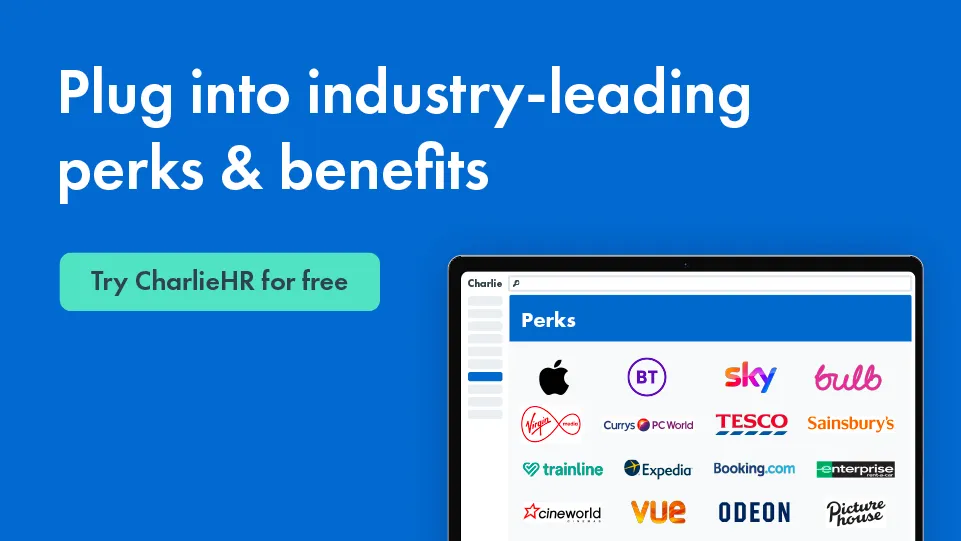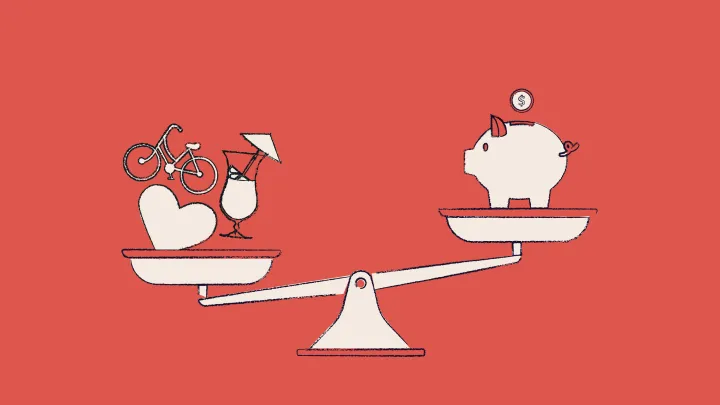The power of perks: maximising employee benefits for small businesses
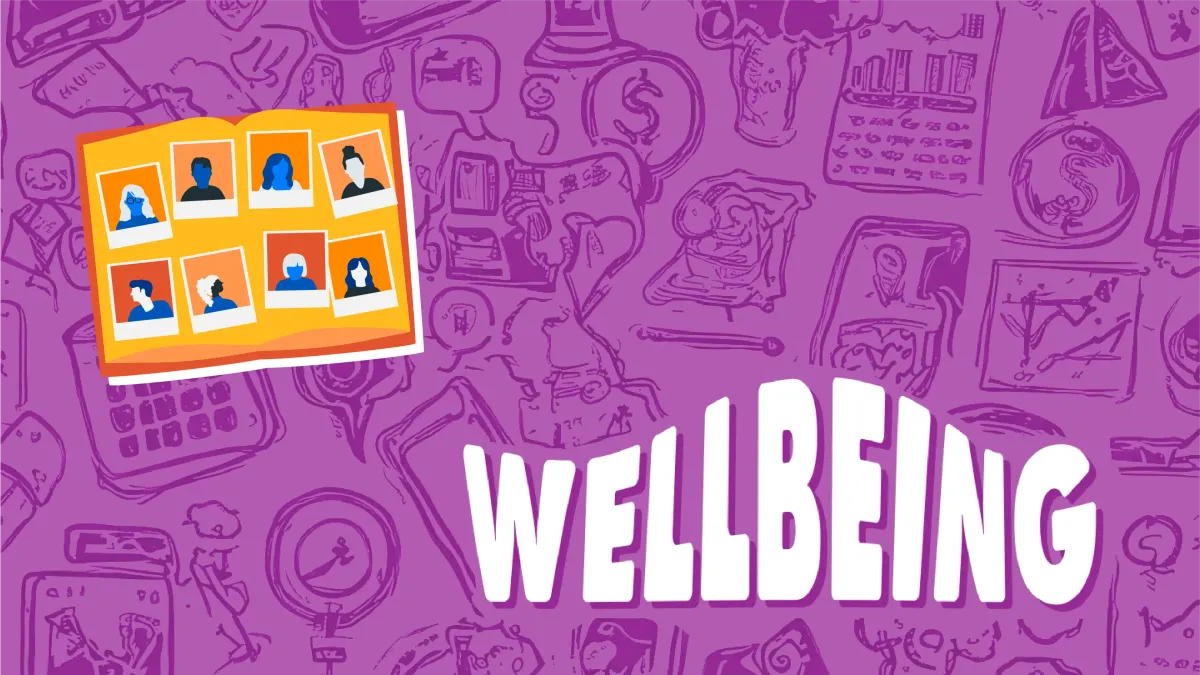
Since I co-founded CharlieHR, employee benefits at our small business have been something we’ve always prioritised.
But here’s the catch: we didn’t have the means to offer our team “traditional benefits”, so we needed to find new creative ways to make it work.
In this blog post, I’ll provide you with insights into the realm of employee benefits for small businesses: how you can come up with your own approach and why employee benefits at small businesses matter to optimise employee engagement and retention.
So, let’s delve right in!
Why should employee benefits matter to your small business?
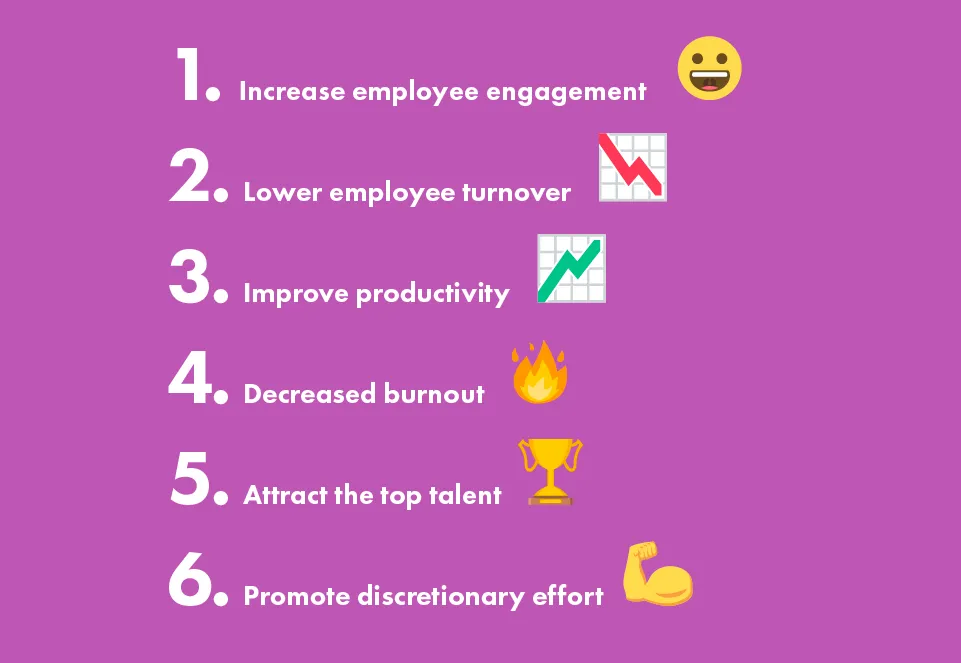
Crafting a comprehensive benefits package for your small business may not be something you’ve done before, and you may wonder whether it’s a priority amidst your other startup priorities.
After all, there are many other aspects of your small business or startup you need to deal with first, but I learnt over the years that focusing on employee benefits is key to building a successful business venture.
But where to start? First, you need to recognise the significance of benefits for both your business and your people.
I’ll give you a few insights as to why you may start to consider investing in benefits as soon as possible.
- Boost employee engagement – engaged employees are more likely to contribute their energy towards finding innovative ideas for your business. Putting together an appealing employee benefits package (along with other initiatives) is key to achieving this.
- Lower employee turnover – if you don’t reward your team for the hard work they put in, it’s unlikely they’ll want to stay. So let’s say for example you can’t provide top-of-the-market salaries: you’ll then need attractive incentives and benefits to improve employee retention. (For more information, check out these employee reward examples).
- Enhance productivity – by giving your team the opportunity to work flexibly, for example, you’re very likely to see an increase in your team’s productivity, as everyone can tailor their own approach to work whilst still delivering in terms of performance.
- Decrease risks of burnout – prioritising mental health within your business is essential. By providing enough time off, you mitigate the risks of burnout amongst your team members as they have enough time to rest and take some time away from work.
- Attract top talent – future hires look closely at the benefits package you offer, so it’s time to pull the lever on benefits, differentiate yourself from competitors and make a compelling offer to top talent.
- Promote discretionary effort – a discretionary effort is an unspoken contract where the more you give to your team, the more likely they are to reciprocate and go above and beyond to achieve business results.
What does a traditional employee benefits package look like?
Traditionally speaking, the best employee benefits for UK employees (when you work for a company with a headcount of more than 300 employees) look like this:
- Health insurance – to cover fully or partially for medical expenses and avoid NHS waitlists.
- Small business pension scheme – enrolling team members in a workplace pension is a legal requirement, however, some businesses choose to contribute more than the 3% minimum.
- Paid time off – this includes holidays, sick leave, personal leave, parental leave, etc.
- Season tickets loan – an interest-free loan provided to employees to cover the cost of travelling to and from their workplace that can be repaid on a monthly basis.
- Life insurance – some employers can choose to provide their employees with life insurance that will offer financial protection to their family in the event of death while employed.
- Training and development – initiatives to promote growth and development within the business.
- Advantageous small business pension scheme – to protect your team and their future
In the UK, that’s what most employees can expect from a traditional point of view, however, there are many other benefits you can think of when it comes to small businesses.
What employee benefits can your small business provide on a tight budget?
At Charlie, we’ve always been mindful of trying to come up with cost-effective benefits that our team will truly value.
To understand where we could make the most impact, we ran company-wide surveys to uncover our team’s desires. This allowed us to get a clearer picture of how we could improve retention rates and our ability to attract top talent.
Below, I’ll give you a list of the benefits we offer at Charlie that don’t incur a direct cost for our small business:
- Flexible working and flexible hours – we embrace hybrid working by optimising for both office and remote work. We only ask our team to meet in person two times per year, and we don’t impose any core hours, making it easier to encourage autonomy and develop trust.
- Nomad working – our team members can work outside of the UK for a maximum of 90 days per year, enabling them to experience new working environments, and still go away without taking days off.
- 9-day fortnight – every other week, the whole team gets Fridays off to recharge and have more time for themselves and their hobbies.
- Personal Days – we provide a maximum of 4 personal days each year where our team members can take time off when they need a break, or need to support a dependent such as a child or a family member.
These benefits are not tied to financial costs, and they work for us. Of course, one could argue that getting your team members to work “less” could have a significant impact on productivity and business results, but we’ve found that’s not the case at all for us – quite the opposite actually. It’s increased our productivity and helped us retain our team by making space for their mental health and wellbeing.
My advice here, when it comes to building benefits for your small business, is to take initiatives that are specifically crafted for your team. You can take inspiration from ours if you find them helpful, but you first need to understand your team members to get it right.
The best part of these benefits is that you can ramp them up over time. For example:
- Provide a flexible working budget that people can enjoy to create a practical and comfortable workspace from their own home and optimise their work experience
- Get a remote working budget to help people rent a coworking desk so they can do their best work or pay for plane tickets when they go working abroad to lower the financial burden
What benefits can you provide when your business has enough cash flow?
Implementing benefits at a small business can be tricky – especially when you’ve got limited funds to reward your team members, but once your business starts generating cash flow, it’s the right time to invest in what your team members have been patiently waiting for.
To give you an example, here are the top four benefits we offer at Charlie that have a direct impact on our costs.
Top 4 benefits for your small business
Health insurance
As I mentioned earlier in the blog post, health insurance is usually something that’s reserved for bigger companies, mainly because of how expensive it can be.
Nowadays, however, you can find plans tailored to small businesses. In the last few years at Charlie, we invested in a tool that supported our employee’s mental health with up to 6 sessions per year of counselling.
Recognising the importance of our overall health, not just our mental health, we decided to upgrade by investing in health insurance to provide comprehensive physical and mental health coverage, and support our team during the most challenging times.
Wellbeing budget, and Nomad working budget
Benefits for small businesses aren’t always about budget, although keeping a tight purse can sometimes come in handy.
You may not realise it yet, but you may have more room in your budget than you initially thought.
To make sure all of our team enjoyed our HR policies and the initiatives we put into place, we wanted to push it further:
- A wellbeing budget of £30 per month – for people to go to the gym, buy themselves some candles, tea, etc. Anything that falls under their wellbeing.
- A nomad working budget of £200 per year – to allow people to travel and work there abroad. They can expense it to book flights, accommodations and coworking spaces if required.
Learning and Development budget
Many small businesses overlook the importance of investing in learning and development (L&D) as part of their benefits.
Progression and L&D go hand in hand, and if your team members really want to evolve within the company, they’ll need the tools to do so.
You can’t expect someone to come in, ask them to upskill and not provide them with the right support to do so. You’ll need to pay for the course that will help them get there, upskill and reap the rewards of it for your business.
At Charlie, we allocate £750 towards Learning and Development each year – this allows our team members to use the budget towards conferences, books, courses, etc. They can also use it on home equipment if needed.
Employee discounts and perks
At Charlie, we provide our team members with an employee benefits platform where they can find more than 30,000 discounts on top-market brands.
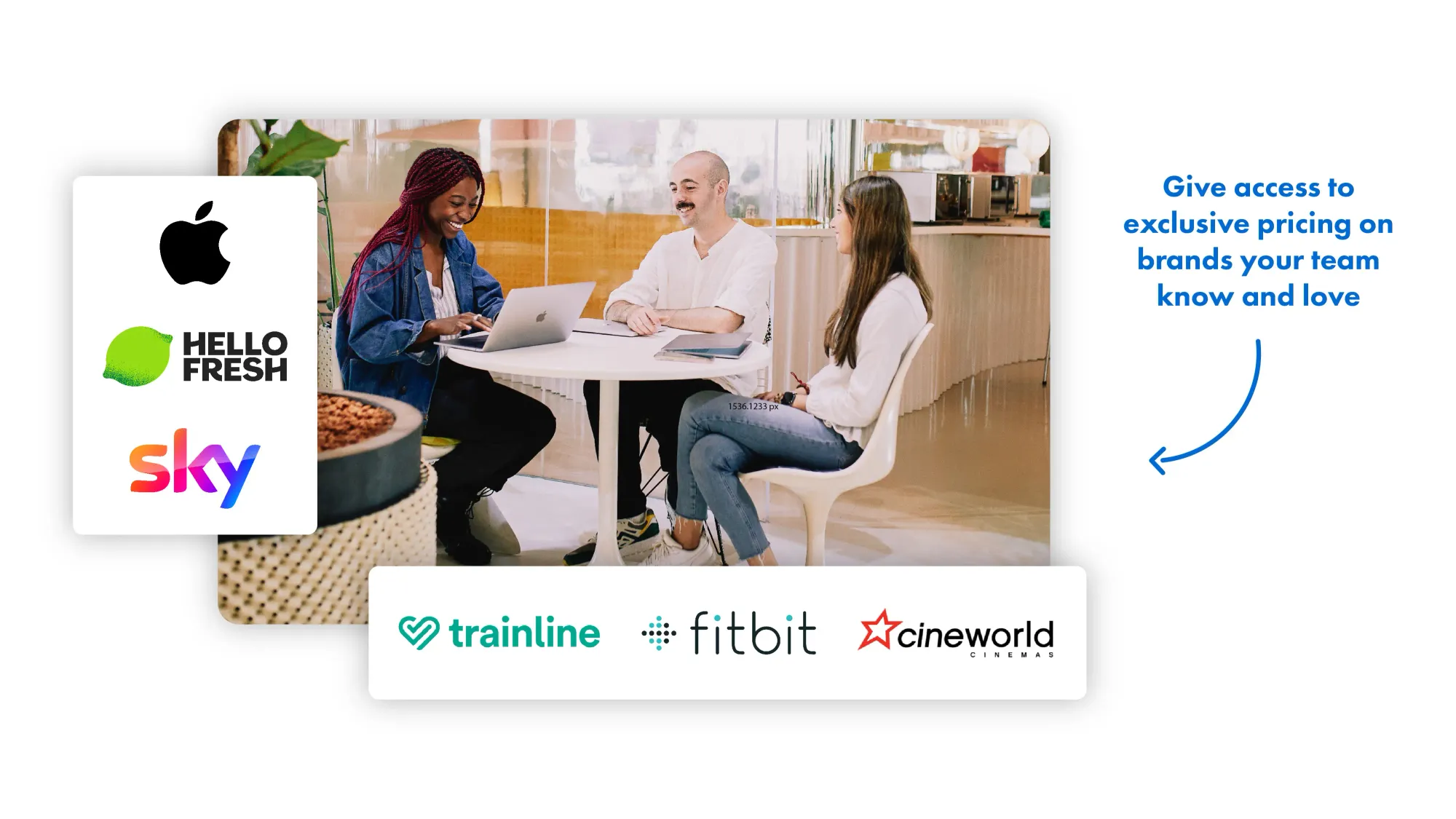
This also includes discounts towards cinema tickets, grocery shopping and many more – in fact, our Perks platform is seamlessly integrated with our HR software. Find out more about employe discount schemes.
If you’re looking for a way to automate your HR tasks, save time and reward your team at the same time, perhaps you ought to check it out.
So whilst financial resources may be limited, it's important to focus on providing benefits that align with the needs and aspirations of your employees.
Remember, it’s not always about how much money you can invest right now. Be creative when it comes to benefits for your team members, and they’ll appreciate it in return. Also don’t forget to ask for feedback – that way you’ll be able to adjust, iterate and find the best benefits for your small business.
